News
-
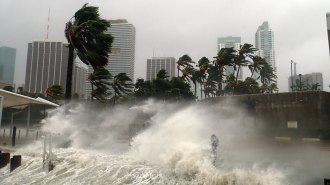 Climate
ClimateScientists hope to mimic the most extreme hurricane conditions
A $12.8 million NSF grant is funding the design of a facility that can generate winds of at least 290 kilometers per hour and towering storm surges.
-
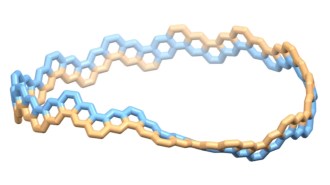 Chemistry
ChemistryScientists made a Möbius strip out of a tiny carbon nanobelt
A twisted belt of carbon atoms joins carbon nanotubes and buckyballs in the list of carbon structures scientists can create.
-
 Science & Society
Science & SocietyMass shootings and gun violence in the United States are increasing
In the wake of mass shootings in Buffalo, N.Y., and Uvalde, Texas, a gun violence researcher shares what can be done to reduce gun violence deaths.
By Nikk Ogasa -
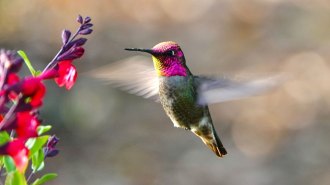 Life
LifeHigh altitudes may be a climate refuge for some birds, but not these hummingbirds
After being moved to a spot high above their typical home, Anna’s hummingbirds seemed to struggle to hover in the thin air.
-
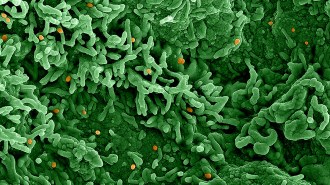 Health & Medicine
Health & Medicine4 answers to key questions about the monkeypox outbreak
Monkeypox has cropped up around the world, but it doesn’t spread easily like the coronavirus and most people probably don’t need to be concerned.
-
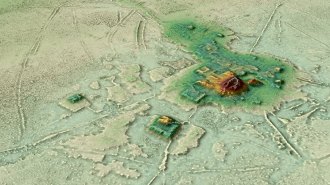 Archaeology
ArchaeologyLasers reveal ancient urban sprawl hidden in the Amazon
South America’s Casarabe culture built a network of large and small settlements in what’s now Bolivia centuries before the Spanish arrived.
By Bruce Bower -
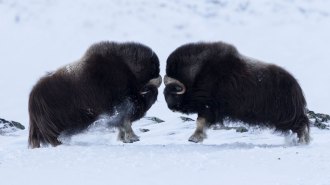 Neuroscience
NeuroscienceHeadbutts hurt the brain, even for a musk ox
Though musk oxen are built to bash, a study of the headbutters turned up signs of brain damage. But that may not be catastrophic for the bovids.
-
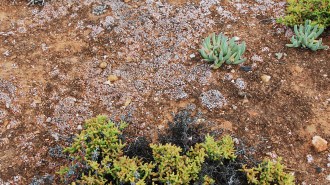 Ecosystems
EcosystemsBiocrusts reduce global dust emissions by 60 percent
Lichens and other microbes construct biological soil crusts that concentrate nutrients and slash global dust emissions.
By Nikk Ogasa -
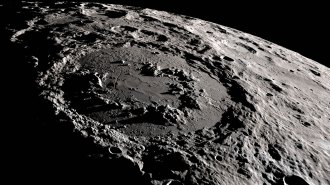 Planetary Science
Planetary ScienceIce at the moon’s poles might have come from ancient volcanoes
Volcanic eruptions billions of years ago probably released enough water vapor to have deposited ice at the lunar poles, a study finds.
By Anna Gibbs -
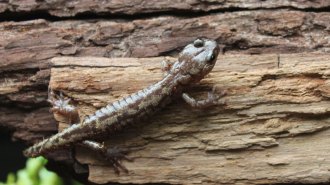 Animals
Animals‘Wandering’ salamanders glide like skydivers from the world’s tallest trees
Using their legs and tail, these amphibians have impressive control over their daring dives from coast redwood canopies.
By Jake Buehler -
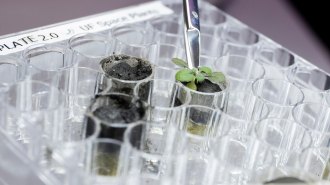 Plants
PlantsThese are the first plants grown in moon dirt
The first attempt to grow plants in Apollo samples from the moon shows the promise and potential struggles of farming in lunar soil.
-
 Astronomy
AstronomyPulsars may power cosmic rays with the highest-known energies in the universe
Earth is pelted by energetic particles from space. The source might be the magnetic remains of massive stars, a new study suggests.
By Liz Kruesi